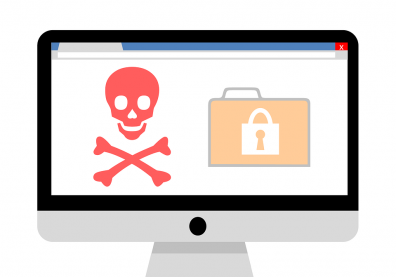Malware is said to be a plague on social media as well. Apparently, there have been reports of maliciously coded image files that can potentially infect the PC system once downloaded. However, experts have noted that it may just be a bad Chrome extension glitch while Google is reportedly set on eliminating repeat offenders with a new policy.
Facebook and LinkedIn, among other popular social media sites are said to be the target of Malware sites these days. Researchers at Check Point have allegedly discovered a variant of known ransomware, Locky trying to infect PCs with images on social media. Apparently, the malware trick reportedly forces the PC browser to download a malware image file that can hijack the PC system upon opening, Engadget reported.
Apparently, once infected with the malware, PC files will be encrypted until the user pays up. It should be noted that the Locky code is said to be easily avoided just by not opening the malware file. Check Point is said to have reported the malware issue to both social media sites in September. However, it is yet to be clear what fixes are in place.
Furthermore, latest reports from a Facebook spokesperson has reportedly debunked the malware issue. The spokesperson allegedly noted that the issue revolved bad Chrome extensions that propagate a scam via messages to others. This reportedly lead to getting blocked.
Meanwhile, Google has reportedly instituted a new policy on Malware sites. It should be noted that, Google already has a Safe Browsing system set in place since 2005, CIO-Today reported. However, the search engine will now place warning messages on repeat malware distributor sites.
Malware, Phishing, Unwanted Software and Social Engineering policies from Google are expected to ensure the safety of online users. The decision is said to be irrevocable for 30 days. Moreover, after the 30-day period expires, webmasters may then request Google to review the status of their sites. However, malware sites have reportedly been used to cleaning up. Watch a Facebook malware fix here:










